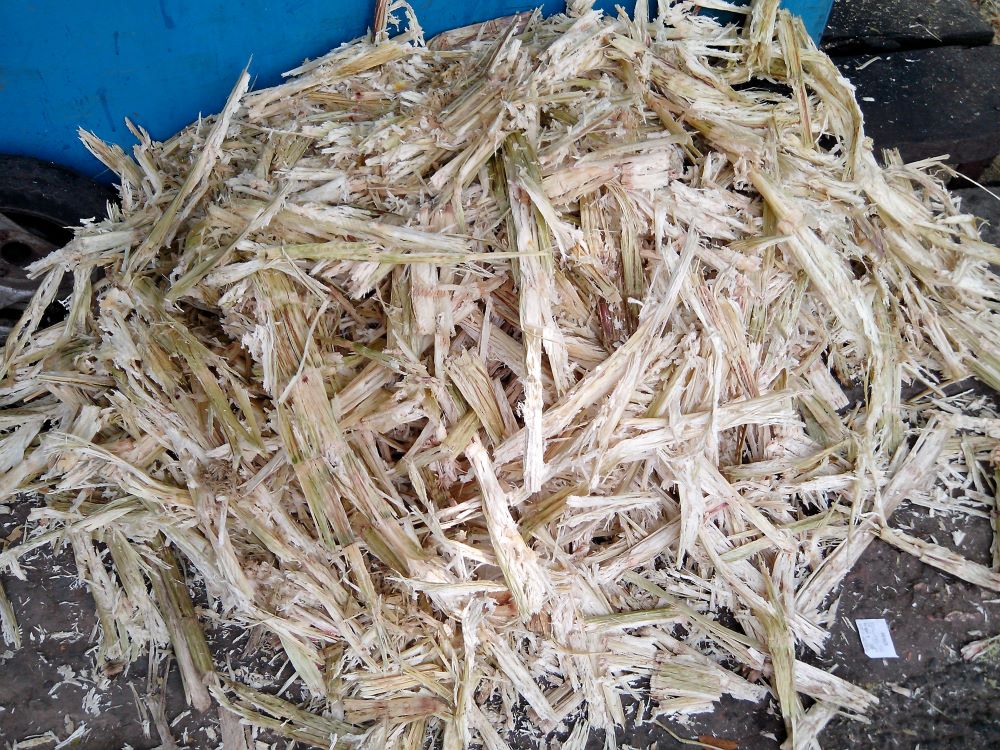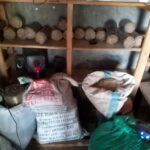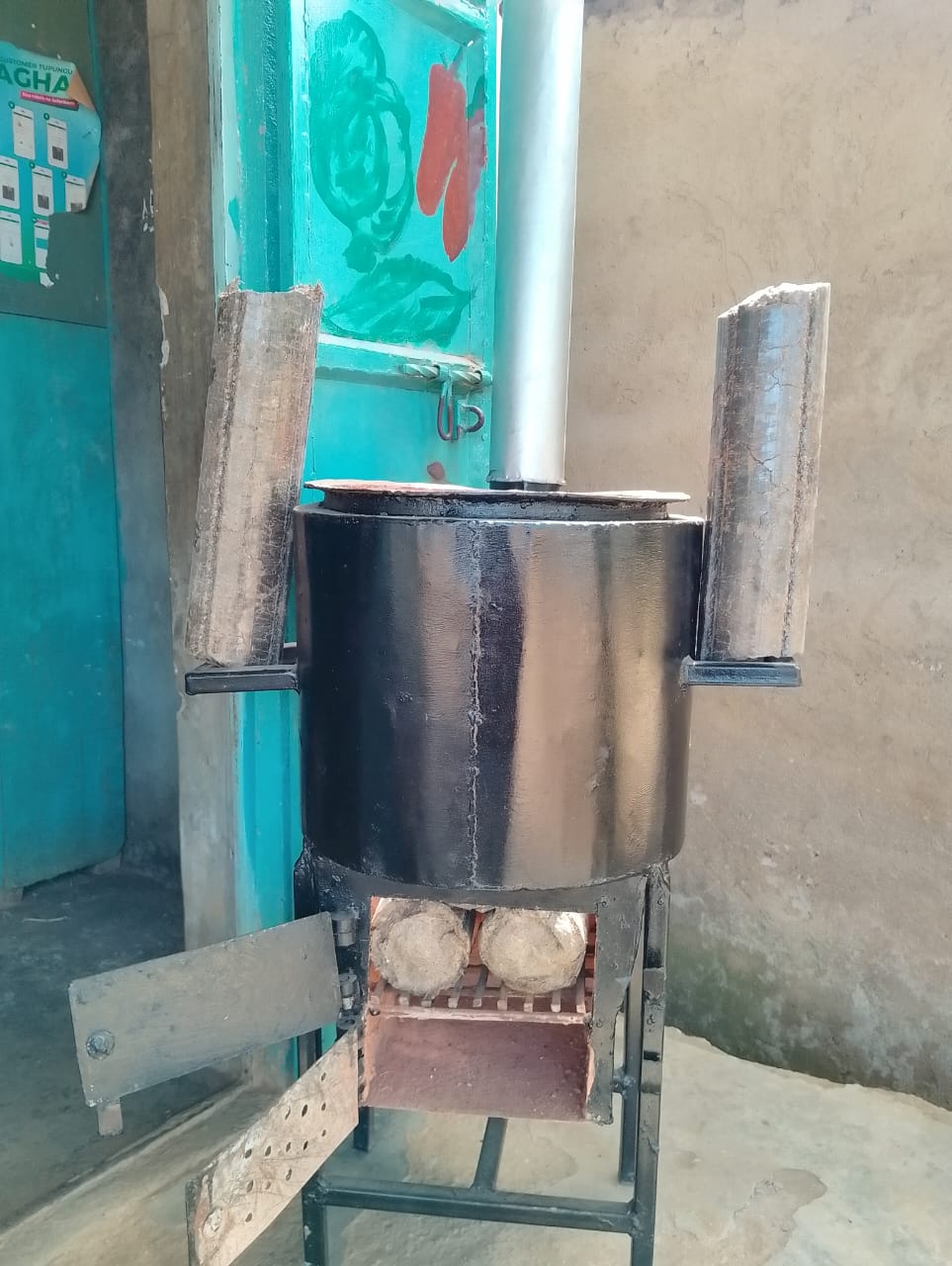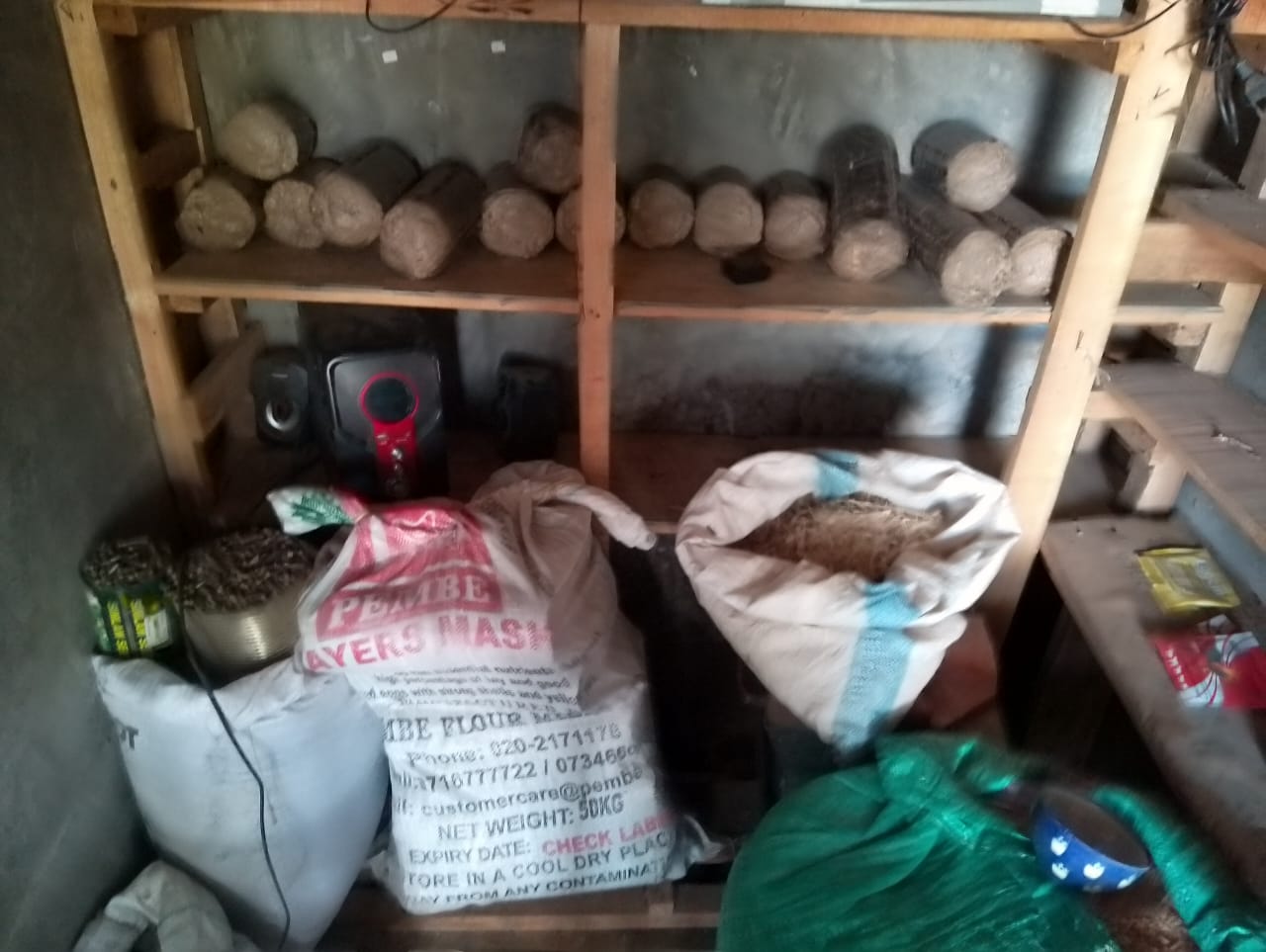
Bagasse, the fibrous residue remaining after the extraction of juice from sugarcane, offers numerous advantages across various domains. Here are some of the key benefits of utilizing bagasse:
Economic Benefits:
- Cost-Effective Resource: As a by-product of sugarcane processing, bagasse is readily available and inexpensive. This makes it a cost-effective raw material for various applications.
- Revenue Generation: Utilizing bagasse can provide additional revenue streams for sugar mills and related industries by converting waste into valuable products.
Environmental Benefits:
- Renewable Energy Source: Bagasse can be used as a biomass fuel for generating electricity and heat. It is a renewable resource that helps reduce reliance on fossil fuels.
- Reduced Greenhouse Gas Emissions: Burning bagasse for energy produces fewer greenhouse gas emissions compared to fossil fuels. This contributes to lower overall carbon footprints.
- Waste Reduction: Utilizing bagasse helps in managing agricultural waste efficiently, reducing the need for waste disposal and minimizing environmental pollution.
Energy Production:
- Cogeneration: Bagasse can be used in cogeneration systems to produce both electricity and heat. This is especially beneficial for sugar mills, which can become energy self-sufficient and even supply excess electricity to the grid.
- Sustainable Power Supply: In regions with abundant sugarcane production, bagasse can provide a stable and sustainable power supply, particularly in rural areas.
Industrial Applications:
- Pulp and Paper Industry: Bagasse can be used to produce pulp for paper manufacturing, offering an alternative to wood pulp and helping to reduce deforestation.
- Building Materials: Bagasse can be used to manufacture biodegradable and eco-friendly building materials, such as particle boards and insulation materials.
Agricultural Benefits:
- Soil Conditioner: Bagasse ash, a by-product of burning bagasse, can be used as a soil conditioner, enhancing soil quality and fertility.
- Organic Fertilizer: Composted bagasse can be used as organic fertilizer, enriching soil with nutrients and improving crop yields.
Health and Social Benefits:
- Reduced Indoor Pollution: Using bagasse briquettes or pellets for cooking reduces indoor air pollution compared to traditional biomass fuels like wood or charcoal. This can lead to better respiratory health, especially for women and children.
- Job Creation: The processing and utilization of bagasse can create employment opportunities in rural areas, contributing to local economic development.
Practical Advantages:
- Energy Efficiency: Bagasse has a high calorific value, making it an efficient fuel source for energy production.
- Versatility: Bagasse can be processed into various forms such as briquettes, pellets, and bioethanol, making it a versatile resource for different energy and industrial needs.




